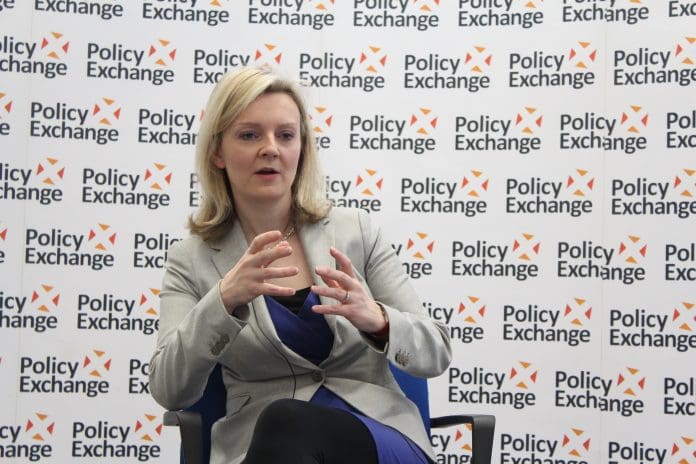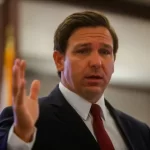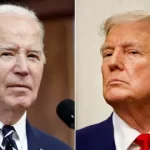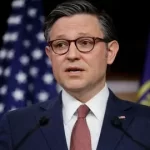UK PM Liz Truss is gone after only 6 weeks following an economic crisis, a chaotic end, and an amazing setback. Her tenure began even as summer was on its last day, but it did not last even until winter.
Liz Truss came up with her top economic policy that led to the markets going into a nosedive and was scrapped in its entirety. Eventually, Conservative Party members were forced to push out Liz Truss on Thursday.
Anand Menon, director of the London-based think tank, the UK in a Changing Europe said that the ruling party had been utterly divested from reality since 2015. He said that they had a long history of disregarding and flouting economic trends and forecasts. He added that things would have flared up at one point and the unsteady economic conditions exploded in the face.
But even taking into account the chaotic depths to which contemporary politics in the UK has sunk, the events that culminated in the departure of Liz Truss constitute the depths of dysfunction. There was an allegation of physical intimidation in the House of Commons and resignations.
Events Leading Up To Liz Truss’s Resignation
It all began with a speech in parliament when former Kwasi Kwarteng, the Finance Minister overturned multiple established fiscal rules as he announced $50 B in unfunded tax cuts that included a massive tax slash for the richest.
The planned plan ran into a storm of criticism from not only the Labour Party in the opposition but also from the International Monetary Fund and American President Joe Biden.
The massive tax cuts were an expression of Kwasi Kwarteng and Liz Truss’s libertarian ideology. They were intended to cut back on the role of the state while empowering big businesses and entrepreneurs to create jobs and bring prosperity to the citizens. This they believed would create more jobs and spread wealth through higher wages.
But this plan dismayed economists, fund managers, and investors who wondered how the UK would pay back the money. The pound immediately crashed and reached record lows compared to the dollar. Britain’s borrowing cost ballooned. This spooked the pension market and prompted England’s Central Bank to move in and buy up government bonds to control the slide.
The Bank of England released a statement about the market dysfunction in the market and the chances of self-reinforcing discounted sales of goods constitute a risk to the financial stability of Britain.
The Labour Party appears on course for a landslide victory going to opinion polls and has demanded an early general election.






